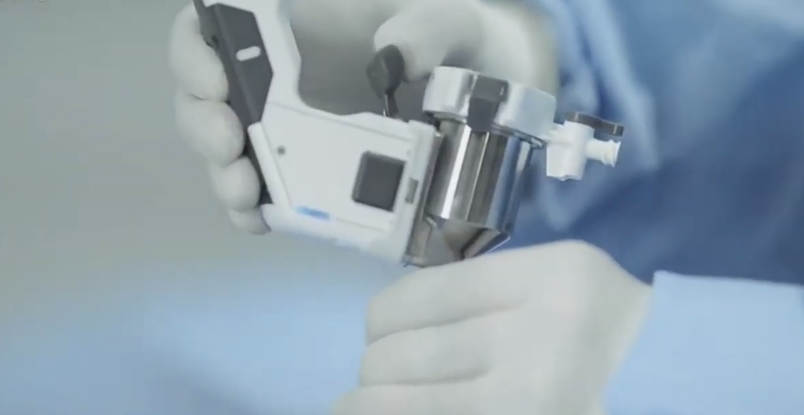Women's Health Services
Compassionate Care for Your Unique Health Needs
As a woman, we know your health needs will change throughout your lifetime. Whether you’re just getting a wellness exam, experiencing a gynecologic problem or needing a mammogram to reduce your breast cancer risk, BCH's women’s health specialists understand your changing needs — and provide the compassionate and expert care to help you stay healthy.
Women's Health Services
- Gynecology Care
- Gynecologic Surgery
- Maternity Care
- Menopause Care
- Pelvic Floor Care
- Reproductive Health Services
- Varicose Vein Treatment
- Women's Imaging
Women's preventive health care flyer
Contact Us Today
If you would like to learn more about the Women's Health services provided at BCH, please call Boulder Women's Care at 303-441-0587 or Foothills Community Midwives at 303-415-4045.
-
Boulder Women's Care
4745 Arapahoe Ave # 320
Boulder, CO 80303
(303) 441-0587 More Information -
Boulder Women's Care at Erie Medical Center
101 Erie Parkway , Suite 201
Erie, CO 80516
(303) 441-0587 More Information -
Foothills Community Midwives
4840 Riverbend Rd , Suite 100
Boulder, CO 80303
(303) 415-4045 More Information -
Foothills Community Midwives at Erie Medical Center
101 Erie Parkway , Suite 201
Erie, CO 80516
(303) 415-4045 More Information
-

-

-

-

-

-

-

-

-

/
View All

obgyn.jpg)

















